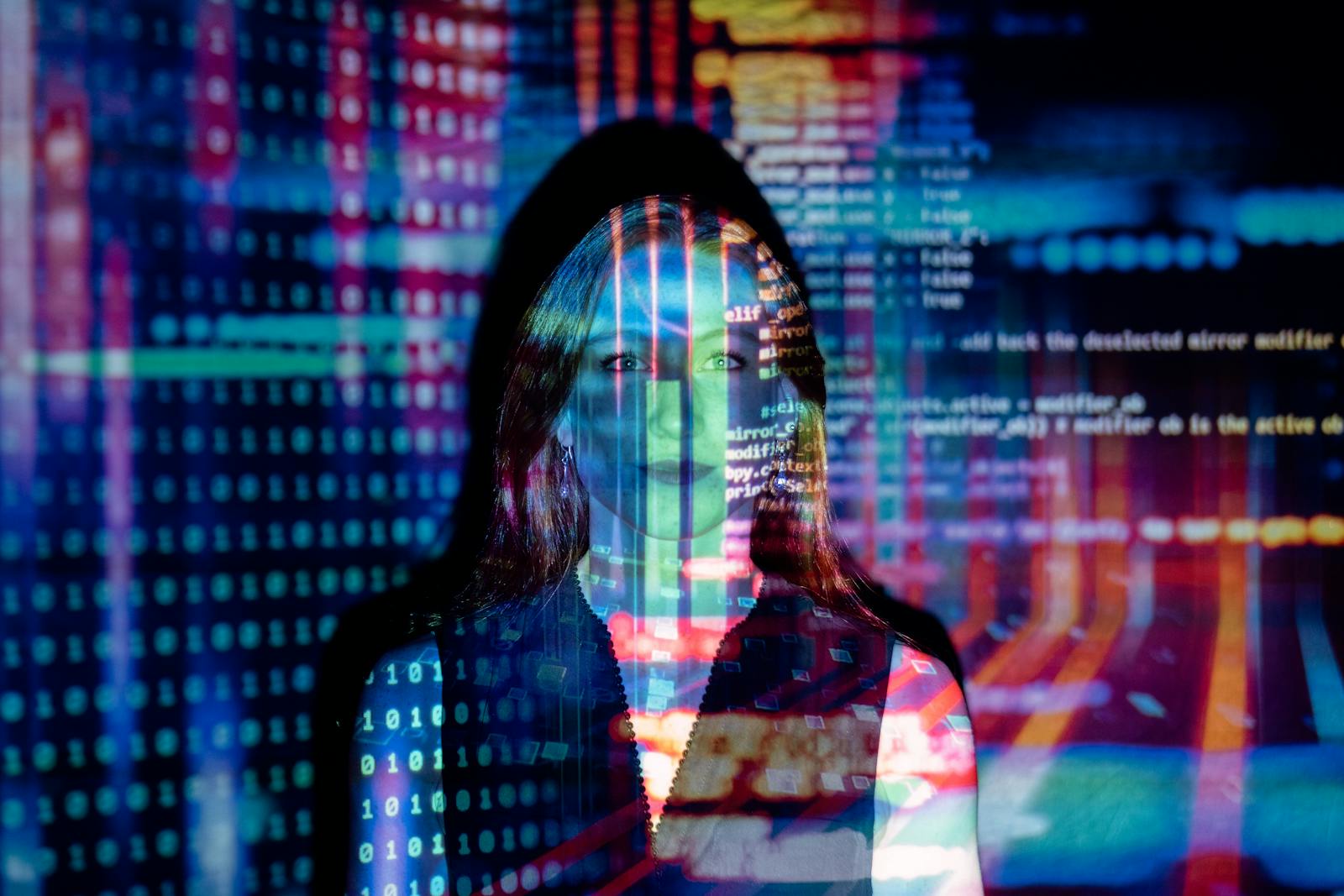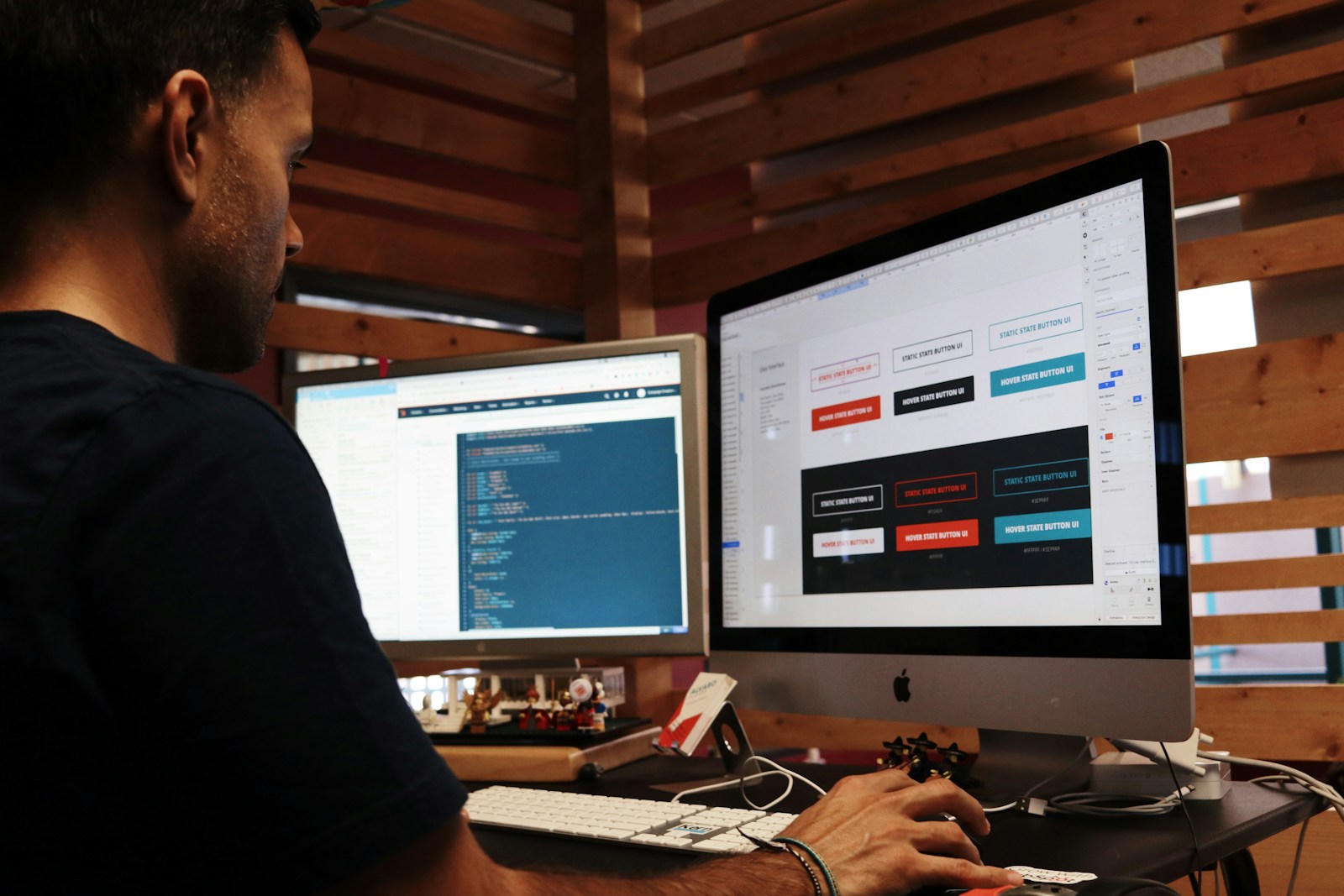Introduction
As an AI enthusiast and entrepreneur deeply entrenched in the realm of technology, I often ponder the capabilities and limitations of artificial intelligence (AI). While AI has made significant strides in automating various tasks and processes, there are certain roles that remain impervious to its reach. In this article, I will explore the intricacies of AI and highlight the jobs that AI can’t replace.
Understanding AI
Before delving into the jobs that AI can’t replicate, it’s essential to grasp the essence of artificial intelligence. AI refers to the simulation of human intelligence in machines that are programmed to mimic cognitive functions such as learning, problem-solving, and decision-making. Through algorithms and vast amounts of data, AI systems can perform tasks with remarkable efficiency and accuracy.
The Limitations of AI
While AI has demonstrated remarkable capabilities across a myriad of domains, there are inherent limitations that prevent it from fully replacing human labor in certain roles. Here are some key factors contributing to these limitations:
Contextual Understanding
AI excels in tasks that follow clear patterns and rules. However, jobs requiring nuanced contextual understanding and emotional intelligence pose significant challenges for AI systems. Human interactions, complex decision-making processes, and empathetic responses are realms where human cognition reigns supreme.
Creativity and Innovation
Creativity is an inherently human trait that stems from imagination, intuition, and abstract thinking. While AI can assist in generating ideas and patterns based on existing data, true innovation often emerges from human ingenuity. Jobs in creative fields such as art, design, music, and writing rely heavily on the human capacity for originality and expression.
Complex Problem Solving
AI algorithms excel in solving well-defined problems with clear parameters and objectives. However, when faced with complex, ambiguous problems that require intuition, critical thinking, and adaptability, human intellect outshines AI. Jobs in strategy, research, and leadership demand a holistic understanding of multifaceted issues and the ability to navigate uncertainty.
Ethical and Moral Judgment
AI lacks the moral compass and ethical reasoning inherent in human decision-making. While AI systems can analyze data and optimize outcomes based on predefined metrics, they struggle to grapple with the ethical implications of their actions. Roles involving moral judgment, such as law, medicine, and social work, require empathy, discretion, and a deep understanding of human values.
Jobs AI Can’t Replace
Now that we’ve examined the limitations of AI, let’s explore the diverse range of jobs that remain resistant to automation:
1. Healthcare Professionals
The field of healthcare necessitates human touch, empathy, and expertise that AI cannot replicate. Doctors, nurses, and other healthcare professionals engage in complex patient care, diagnosis, and treatment planning, drawing upon years of medical training and experience. While AI can aid in diagnostics and data analysis, the human element of compassion and personalized care is irreplaceable.
2. Educators and Mentors
Teaching is a profoundly human endeavor that extends beyond the dissemination of information. Educators and mentors play a pivotal role in shaping young minds, fostering critical thinking skills, and instilling values and character. While AI can supplement educational efforts through personalized learning platforms like LearnyHive, the mentorship and guidance provided by human teachers remain indispensable.
3. Creative Professionals
Artists, writers, musicians, and designers harness the power of imagination and expression to create works of art and innovation. The subjective nature of creativity defies algorithmic replication, making these roles inherently human-centric. While AI can assist in generating ideas and streamlining processes, the essence of creativity lies in the human experience.
4. Social Workers and Counselors
Roles that involve providing emotional support, advocacy, and intervention rely on human empathy and understanding. Social workers, counselors, and therapists work with individuals and communities to address complex social, emotional, and psychological challenges. While AI chatbots and virtual assistants can offer support, the depth of human connection is irreplaceable in these professions.
5. Leaders and Strategists
Leadership entails navigating ambiguity, inspiring vision, and making high-stakes decisions that shape the trajectory of organizations and societies. Effective leadership requires emotional intelligence, interpersonal skills, and strategic foresight, qualities that transcend algorithmic analysis. While AI tools can provide data-driven insights, the art of leadership rests on human intuition and judgment.
Conclusion
In conclusion, while AI continues to advance at a rapid pace, there are certain jobs that remain beyond its reach. Roles that require contextual understanding, creativity, ethical judgment, and human connection are safeguarded by the unique capabilities of the human mind and heart. As we embrace the opportunities presented by AI, let us recognize and celebrate the enduring value of human labor and expertise.
If you’re interested in exploring innovative solutions in web development, visit UnikBrushes for custom web development services tailored to your needs. Additionally, for engineering students seeking to excel in their academic pursuits, discover personalized learning paths and comprehensive study resources on LearnyHive.
Thank you for joining me on this exploration of the intersection between AI and human ingenuity. Together, let’s shape a future where technology enhances, but never replaces, the essence of what it means to be human.




